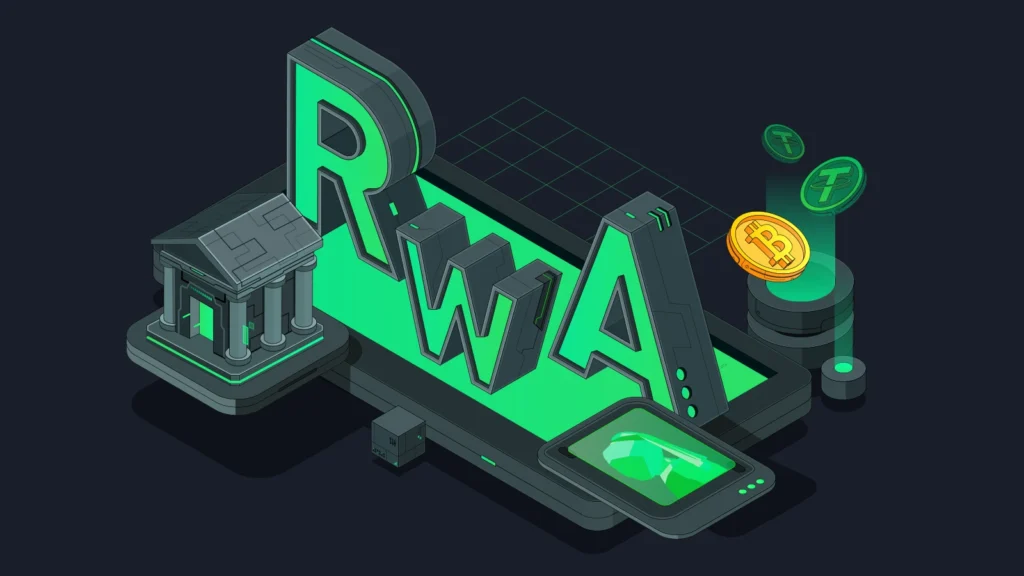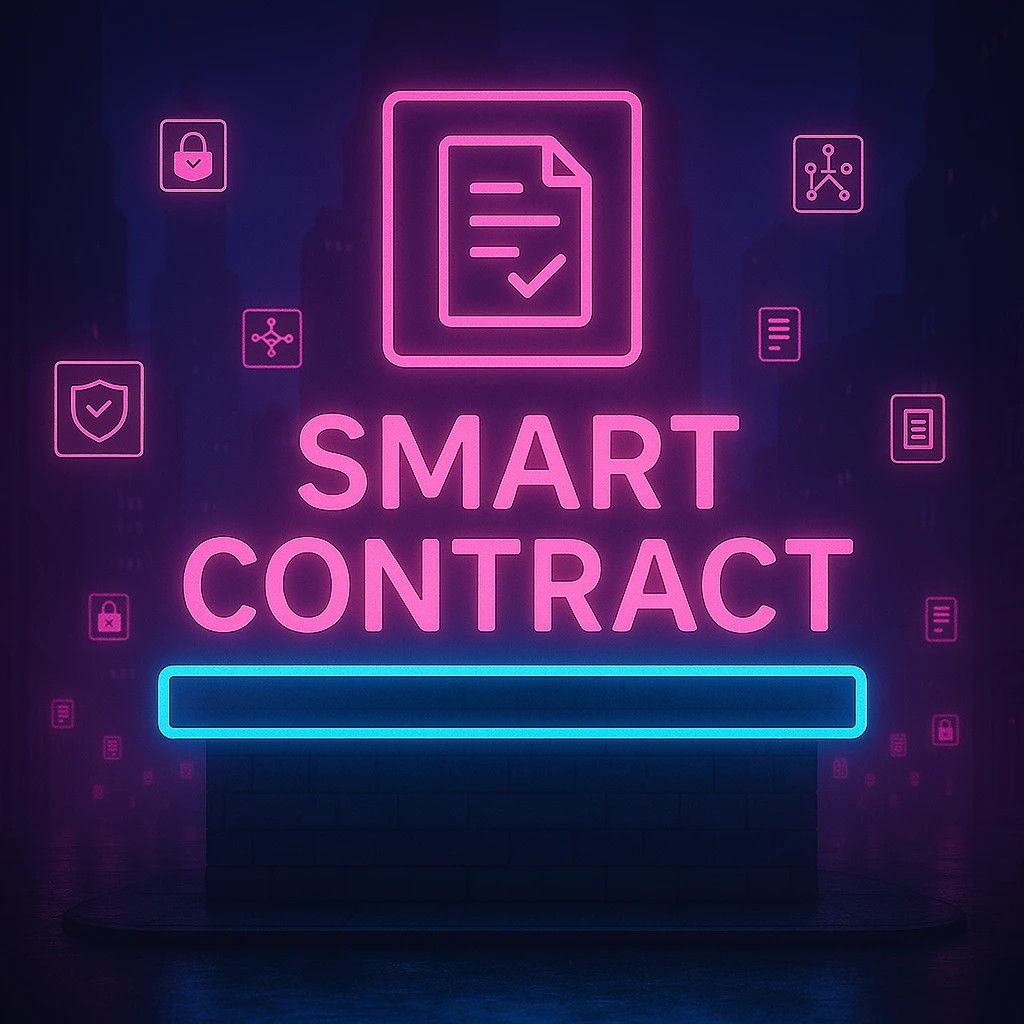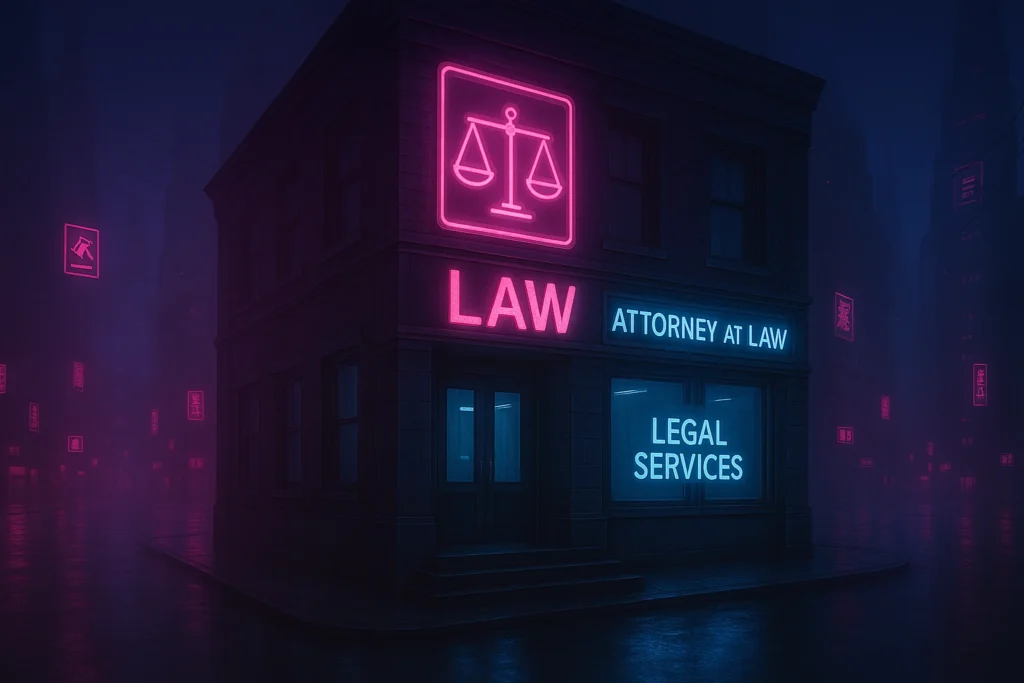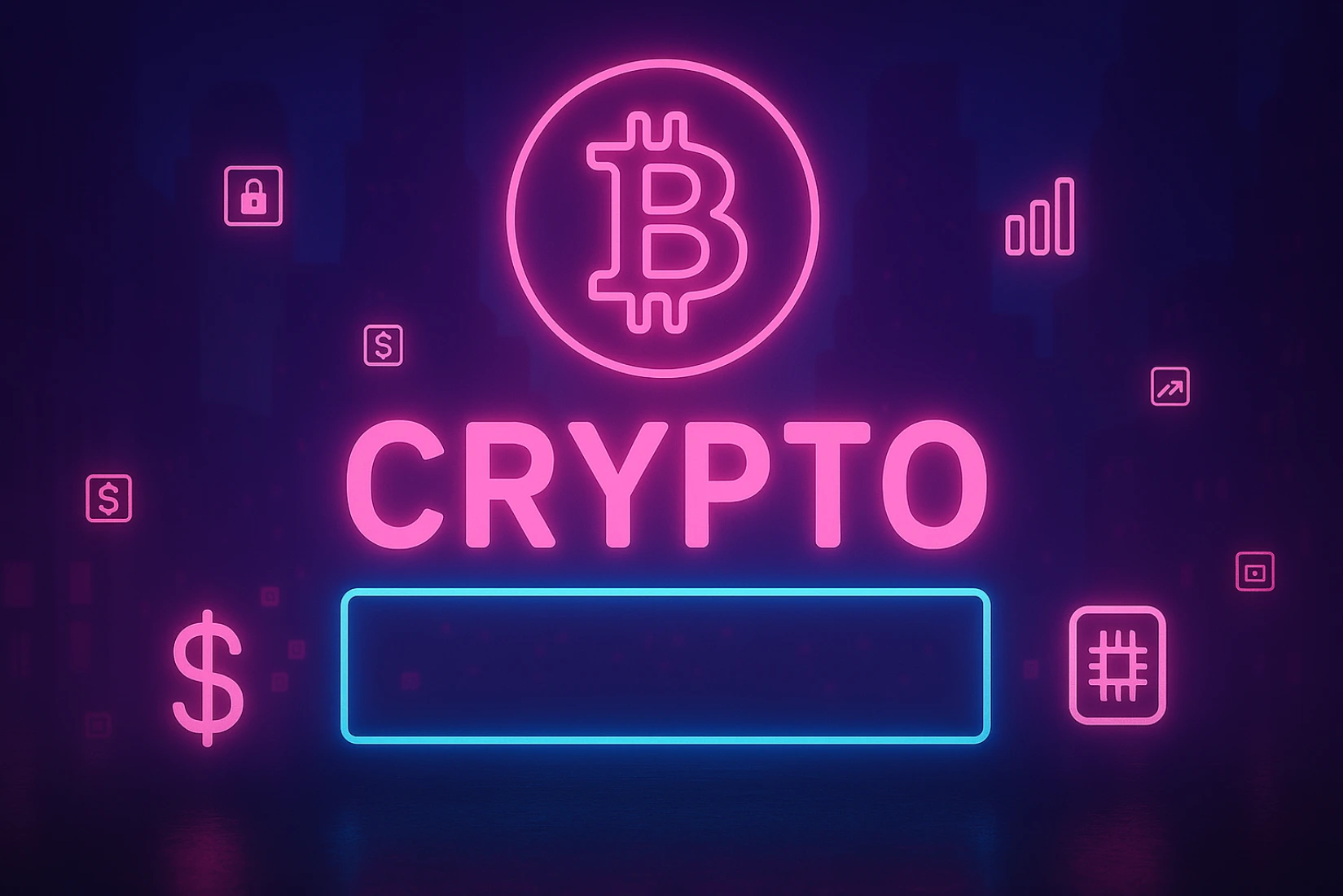RWA Legal Risk Is the Reality No One in Crypto Wants to Talk About
RWA Legal Risk Isn’t Just Hype—Here’s What You Actually Need to Know
Let’s stop pretending legal risk in the RWA space is a minor footnote. It’s not. In fact, it might be the elephant in the blockchain room—the one no one wants to talk about until regulators knock on the door.
Because let’s be real: tokenizing real-world assets (RWAs) is brilliant in theory. Who wouldn’t want fractional ownership of luxury real estate, art, or debt instruments traded with crypto-level efficiency? But underneath that glossy future is a mess of unanswered legal questions. And ignoring them won’t make them go away.

Unclear Regulations: The RWA Legal Risk and The Silent Killer of RWA Dreams
Here’s a hard truth: the global regulatory landscape isn’t just “uncertain”—it’s a minefield.
We’re taking centuries-old laws designed for physical paper and courtroom systems and trying to force them to play nice with smart contracts and borderless digital tokens. Spoiler: they’re not playing nice.
In some places, tokenized shares in real estate are securities. In others, they might be unregulated entirely. So if you’re running a project and marketing these assets to a global audience? You might be noncompliant in ways you haven’t even imagined.
And let’s cut the “we’re just a tech platform” excuse. Regulators don’t care. If you’re facilitating investment, you’re in the legal spotlight whether you like it or not.


Who Owns What? (And Don’t Assume It’s You)
One of the most frustrating parts of the RWA space is how vague ownership actually is. You’d think buying a token gives you rights. Sometimes it does. Sometimes it doesn’t. Sometimes it kind of does—but only if certain off-chain legal agreements are respected and enforced. That’s a gamble.
Let’s say a platform promises 1/1000th of a Tokyo condo. Great—until the holding company dissolves, or the custodian disappears, or local laws say token holders don’t have any enforceable claim at all.
That token you proudly own? It might represent nothing more than a broken promise. And no amount of blockchain transparency will fix that.
The Cross-Border Chaos No One Wants to Solve
Tokenization evangelists love to shout about the global possibilities—but rarely about the global liabilities.
You’ve got platforms based in one country, assets in another, and investors scattered across a dozen more. Each region has its own view on taxes, ownership, and investor protections. It’s not just complex—it’s chaos.
What happens when a dispute arises? Who enforces the rules? Which court has jurisdiction? These aren’t academic questions. They’re the kind of problems that bring entire projects to a screeching halt.
And yet, far too many builders treat them as “future problems.” That’s reckless.

Smart Contracts Aren’t a Legal Shield
There’s a popular saying in crypto: “Code is law.” Well, not in courtrooms.
Yes, smart contracts are great at automating transactions and trustless execution. But if they contradict a legally binding agreement—or worse, if no legal agreement backs them up—they’re about as enforceable as a napkin sketch.
When disputes hit the fan, real-world judges won’t care what the code says. They’ll care about legal documents, ownership records, jurisdiction, and—shocker—actual law.
If your legal structure can’t back up your smart contract logic, you’re not running a trustless system. You’re running a liability engine.


Some Progress, But Not Nearly Enough
To be fair, there is movement in the right direction. Switzerland and the UAE are taking steps to define digital asset frameworks. U.S. states like Wyoming are experimenting with DAO legislation. And the concept of “legal engineering” is catching on, slowly.
But most of the world is still way behind. And in the meantime, projects are launching, investors are buying in, and few seem prepared for the legal reckoning that might follow.
Let’s be blunt: the current legal infrastructure isn’t built for tokenized RWAs. And without serious adaptation, the most exciting innovations in Web3 could get buried under court orders and compliance violations.
Final Thoughts: RWA Legal Risk Isn’t a Nuisance—It’s a Litmus Test
If you’re serious about building in this space, legal risk isn’t something to patch later—it’s something to solve now. And if you’re an investor, due diligence needs to go beyond whitepapers and tokenomics. Ask: Is this enforceable? Who holds the asset? What happens when things go wrong?
Because here’s the thing no one wants to say out loud: if you can’t claim an asset in court, you don’t really own it. You just have a token that says you do.
RWA legal risk isn’t a buzzkill—it’s a reality check. The question is whether the industry will confront it head-on or let it become the downfall of its most promising use case.
Relevant Link : Understanding RWA Legal Risk: A Practical Guide to Tokenizing Real-World Assets




